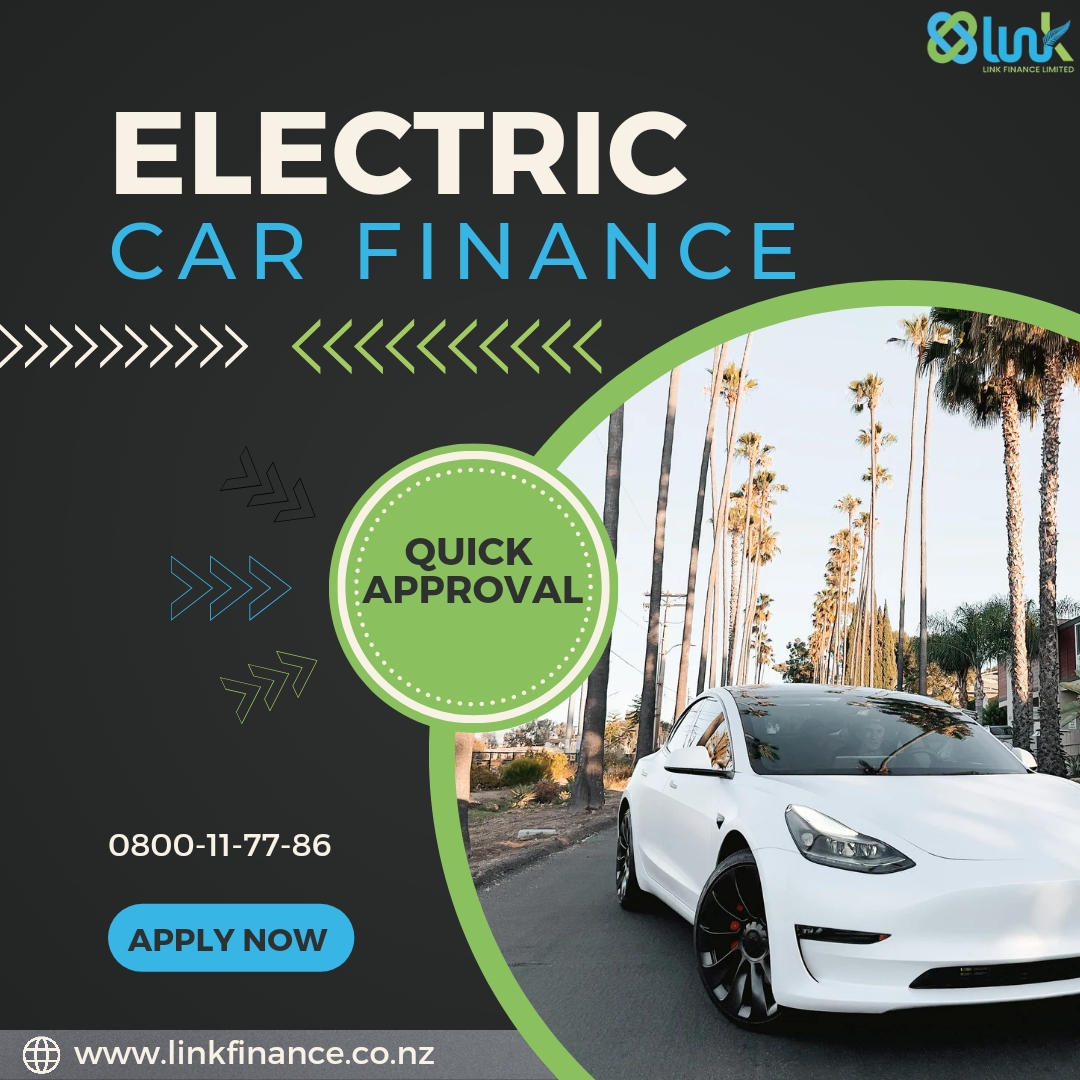
Advantages and Disadvantages to Consider Before Buying Electric Cars
Introduction
As the world continues its quest for sustainable and eco-friendly solutions, the popularity of electric cars has soared in recent years. New Zealand, known for its breathtaking landscapes and commitment to environmental conservation, has also embraced the electric vehicle (EV) revolution. However, like any major purchase, investing in an electric car requires careful consideration of its advantages and disadvantages. In this blog, we will explore the key factors to ponder before switching to electric vehicles in New Zealand.
Advantages of Electric Cars
- Environmental Friendliness: One of the most significant advantages of electric cars is their reduced carbon footprint. By running on electricity instead of fossil fuels, they produce zero tailpipe emissions, helping combat air pollution and climate change. In New Zealand, where renewable energy sources dominate, EVs contribute even more to reducing greenhouse gas emissions.
- Cost Savings: While the upfront cost of electric cars may be higher than their traditional counterparts, they offer substantial savings in the long run. Electricity is generally cheaper than gasoline, and electric vehicles have fewer moving parts, leading to reduced maintenance costs over time.
- Incentives and Subsidies: The New Zealand government encourages EV adoption through various incentives, such as reduced registration fees, tax credits, and exemption from road user charges. These incentives can significantly lower the overall cost of owning an electric car.
- Quiet and Smooth Ride: Electric cars are known for their quiet and smooth operation. No noisy engines and vibrations provide a serene driving experience, especially in urban areas.
Disadvantages of Electric Cars
- Limited Range and Charging Infrastructure: One of the primary concerns for potential EV owners is range anxiety – the fear of running out of battery power while driving. Although technology advances rapidly, electric cars still have limited ranges compared to traditional vehicles. Moreover, the availability of charging infrastructure varies across different regions in New Zealand, which might require some planning for longer journeys.
- Charging Time: Charging an electric car takes considerably longer than refuelling a conventional car. While fast-charging stations are becoming more prevalent, they might not be as accessible as petrol stations, potentially causing inconvenience during long trips.
- Initial Cost: The upfront cost of purchasing an electric car can deter some buyers. Although the total cost of ownership is lower over time, the initial investment might be a barrier for budget-conscious consumers.
- Environmental Impact of Battery Production: The manufacturing process of electric vehicle batteries involves the extraction of rare minerals, which can have environmental consequences. However, advancements in recycling and sustainable practices aim to mitigate this impact in the future.
Conclusion
In conclusion, electric cars offer several advantages, including environmental friendliness, cost savings, and government incentives. However, it is essential to consider the limitations, such as limited range, charging infrastructure, and initial cost, before deciding. As the EV market evolves, addressing these challenges will become a priority for manufacturers and policymakers. For environmentally-conscious consumers in New Zealand, electric cars present a promising and greener mode of transportation for a sustainable future.
Link Finance New Zealand is your go-to partner if you are considering buying an electric car on finance and need a fast and reliable service. Our streamlined application process instant pre-approval, will make your electric car financing journey smooth and efficient. Embrace the future of eco-friendly transportation with an electric car financed through Link Finance today!
[Disclaimer: This blog post is for informational purposes only and does not constitute financial advice. Readers are encouraged to consult a financial advisor or loan specialist to assess their situation.]





